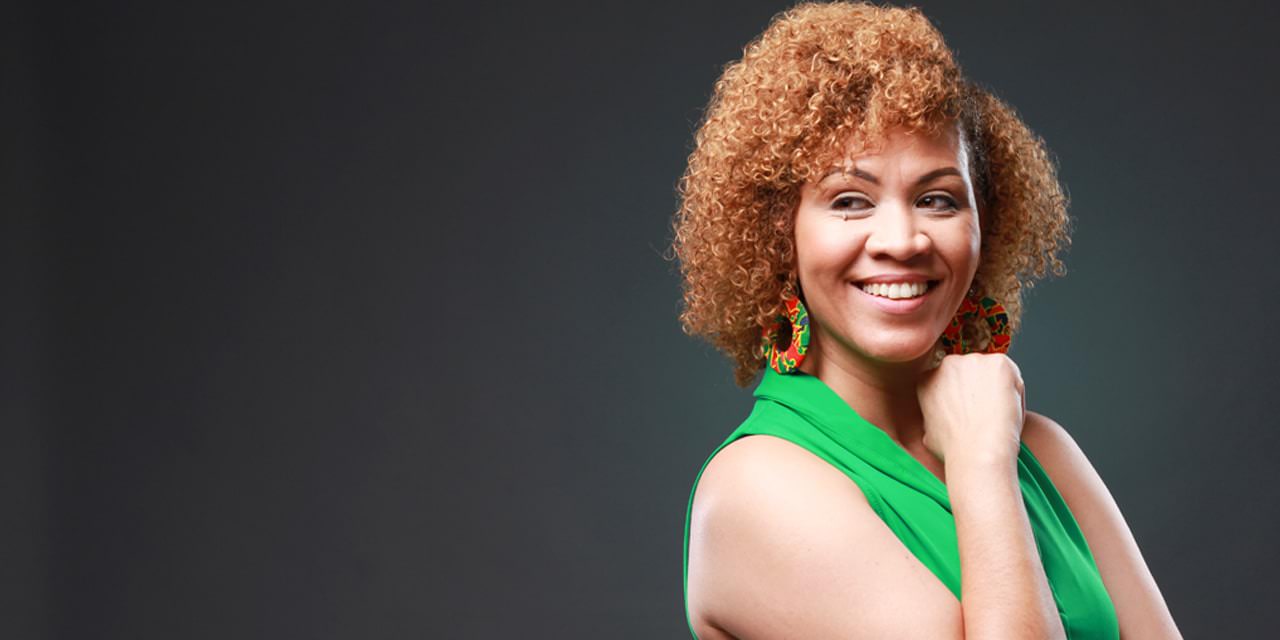Growing numbers of millennial women — who are between 23 and 39 years old in 2020 — are choosing to start having children later in their lives. The average age of first-time mothers in many developed countries has risen to just over 30 this year.
Furthermore, according to the Guttmacher Institute, more than 40 percent of women in the United States of America have reported delaying having children due to the outbreak of Covid-19. Research reveals that pandemic-related worries about finances and job stability as well as general unease about the future may be shifting how women feel about having children.
“While local data is not yet available, we expect to see the same trend when considering the similarities around financial hardship”, says Mauriza Fredericks, Manager: Communications and Social Responsibility at Old Mutual Namibia. This is compounded with a growing desire among Namibian women to pursue career success, which we were seeing even before Covid-19.
“Namibian women increasingly want the freedom to start a family on their own timeline,” explains Fredericks, who believes this trend is a direct result of greater mobility presented by an open economy and improving opportunities for women in the workplace.
According to PwC’s Time to talk: What has to change for women at work report, women in Africa, in particular, are determined to succeed with 95 percent feeling it is important to have flexibility to balance the demands of a career and family or personal life.
Those who choose to get established in their careers before starting a family may find that becoming pregnant and giving birth at a later age can be more complex, biologically. It can also be significantly more expensive.
“Having children later may have many pros, including higher earning power, better job security and greater emotional maturity,” says Mauriza. “But it’s also true that women over the age of 35 are more likely to need some form of medical help to fall pregnant and are at greater risk of pregnancy complications. Medical interventions can be distressing and costly and come as something of a shock if you aren’t financially and emotionally prepared.”
A woman’s peak reproductive years are in her 20s, which tend to coincide with the crucial building stage of her career. From the age of 30, fertility starts to decline and continues to reduce at an increasing rate.
At the same time, the rate of age-related pregnancy complications increases. For example, the risk of eclampsia — a rare but serious condition in which high blood pressure causes seizures in pregnancy, posing a threat to the health of mother and baby — is greater after 35. The same goes for stillbirth.
The good news is that medical science has made enormous gains in supporting women in this age range to fall pregnant and have healthy babies, making the notion that they need to choose between a career and a family increasingly out of date.
“All in all, women today have more choices — and this really ought to be celebrated,” says Fredericks. “Early and careful planning for the possibility of fertility issues or pregnancy conditions means you can reach more of your career and other goals without compromising your ability to become a mother at a later stage when you feel more prepared for it.”
Old Mutual’s Illness Insurance, part of its new range of Personal Cover solutions, now includes an optional For Women Benefit that caters for women who opt for later parenthood. This comprehensive benefit covers 15 illness events, such as fertility-related conditions and other female related conditions for example endometriosis, eclampsia and stillbirth.
“The Covid-19 pandemic – with its very real health concerns and financial pressures – urges us to be more considered and reflective of the vital things in our lives. And for women, who are often faced with the important task of balancing career and family needs, it no longer has to be a matter of either or,” concludes Fredericks.




